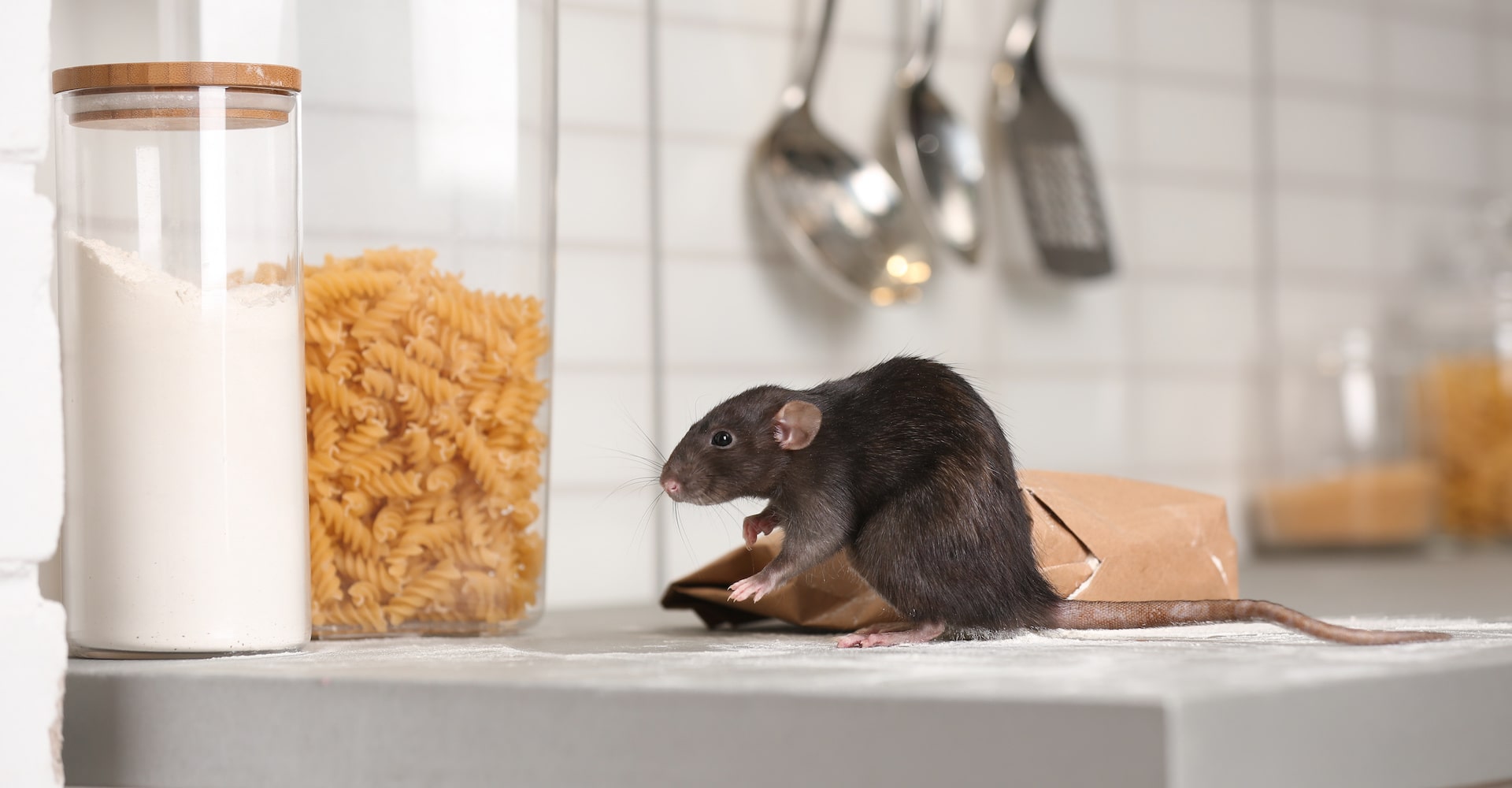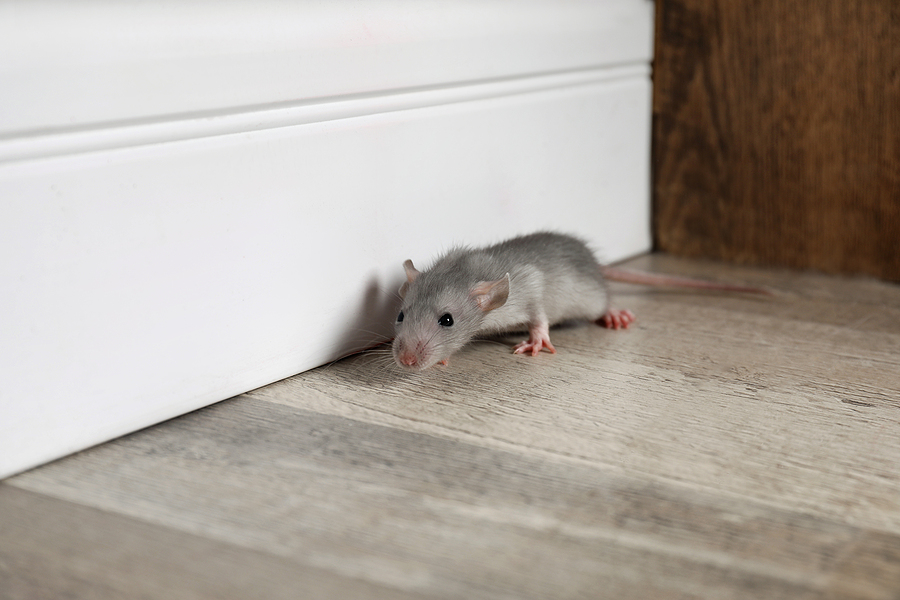Dealing with unwanted pests in your home can be a frustrating and ongoing challenge. Understanding how to manage pest risks in your home is crucial for maintaining a clean and healthy living environment. Pests not only cause damage to your property but can also pose serious health risks to you and your family. To safeguard your dwelling, it's essential to leverage smart methods and reliable tips for effective pest control.

Understanding Pest Risks
Pest risks come in various forms, and identifying these risks early can save you time and money in the long run. Common household pests include rodents, insects, and termites, each carrying its own set of potential dangers. By being proactive and informed, you can better combat these nuisances and protect your home from infestations.
Identifying Common Pest Entry Points
One of the first steps to managing pest risks is to identify how pests are entering your home. Gaps around doors, windows, and pipes often serve as entry points for these uninvited guests. Seal these gaps with appropriate materials and consider using screens on windows and vents. You can learn more about how to stop pests from entering through pipes here.
Preventative Measures You Can Take
Prevention is more effective than dealing with a full-blown infestation. Regular maintenance checks and cleanliness can go a long way in preventing pest problems. Here are some preventative measures you can take:
Keep Your Home Clean
A clean home is less attractive to pests. Make sure to regularly clean and vacuum floors and surfaces to remove crumbs and spills promptly. Store food in airtight containers and dispose of garbage regularly to avoid attracting insects and rodents.
Outdoor Considerations
Lawn maintenance matters when it comes to pest control. Trim overgrown bushes and remove debris where pests can hide and breed. Ensure your gutters are clean and free of debris to prevent water accumulation, a known attractor for pests. You can explore other preventative strategies in our extended guide.
Using Technology for Pest Control
In today's world, technology plays a significant role in managing pests. Smart pest control solutions, such as sensor systems and automated traps, are becoming increasingly popular.
Smart Pest Detection
Sensors placed at key locations in your home can detect movement and alert you of potential pest activity. Using sensors for pest control in your home is an efficient way to monitor and manage risks. For more information on using technology in pest control, check out this resource.
Professional Pest Control Services
Despite your best efforts, there may be times when professional help is required. Hiring a professional pest control service can provide you with specialized knowledge and tools necessary to eliminate pest threats effectively.
When to Call the Experts
When facing an infestation that is overwhelming or presents health concerns, it's best to consult a professional. They can offer tailored solutions suited to your specific pest problems and ensure that these pests do not return.
Conclusion
Understanding how to manage pest risks in your home involves a combination of prevention, cleanliness, and sometimes technological solutions. By taking the right steps, you can prevent an infestation from becoming a nightmare. For additional DIY pest control strategies, visit this helpful guide.

FAQs
What are some natural ways to repel pests?
Natural remedies such as essential oils (peppermint, eucalyptus), diatomaceous earth, and vinegar sprays can be effective.
How often should I inspect my home for pests?
It's advisable to conduct a thorough inspection at least once a quarter and more frequently if you've had past pest issues.
Are over-the-counter pest control products effective?
While some over-the-counter products may work for minor issues, severe infestations often require professional intervention for effective results.
This article contains affiliate links. We may earn a commission at no extra cost to you.
